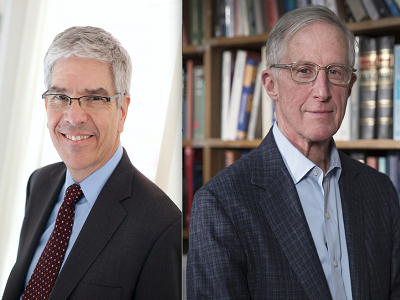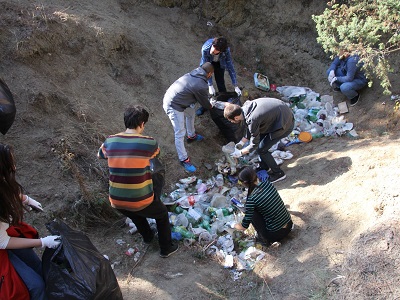2018 Nobel Prize in Economic Sciences Won by William Nordhaus and Paul Romer
- Details

Is it possible to make long-term predictions on how climate change and the economy co-evolve as a means to understand the impact climate change has on the economy? Or for that matter, in what ways governments could encourage technological innovation in order to assure the continuation of economic growth? Both William Nordhaus, awarded for his integration of climate change into economic modelling, and Paul Romer are sharing the prestigious prize due to their engagement in developing methods that can predict long-term economic forecasting. Paul Romer contributes to long-term economic forecasting by incorporating knowledge as an integral part of economic growth, thus demonstrating how understanding market conditions and economic decisions could enable the rise of new technologies.
ISET Staff and Students Clean Environment in Georgia’s Ancient Capital
- Details

Taking care of the environment around us is our collective and individual responsibility. On October 20, a large clean-up event was held in Mtskheta initiated by the International School of Economics (ISET). ISET academic staff and students actively participated in the event. The location was chosen for its touristic importance, as Mtskheta is a place that attracts many visitors every year. The main objective of the clean-up event was to motivate students to take care of the environment and encourage them to be involved in environmental protection.
The clean-up event was organized in cooperation whith the Greens Movement of Georgia.
This is not the first time ISET has taken part in environmental and community work; the institution has a history of keeping Georgia’s natural environments clean. Most notably, staff and students were a part of cleanup operations after the flooding of Tbilisi Zoo in 2015.










